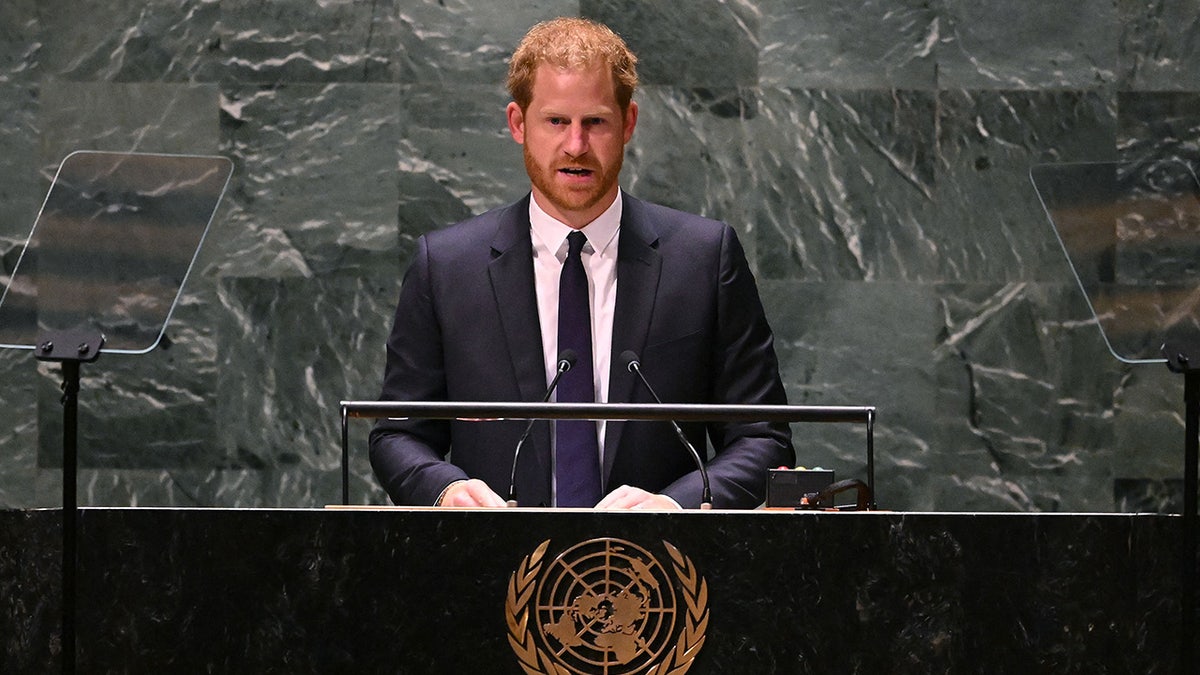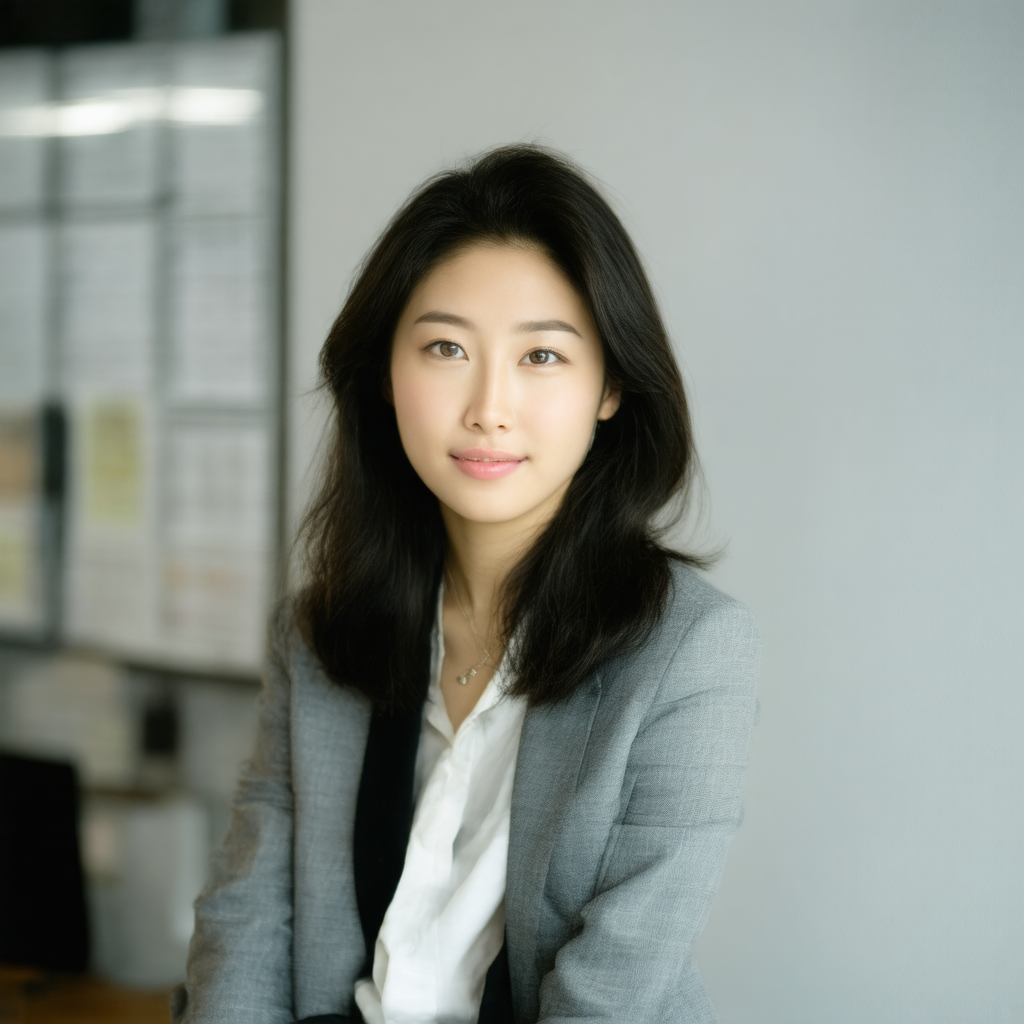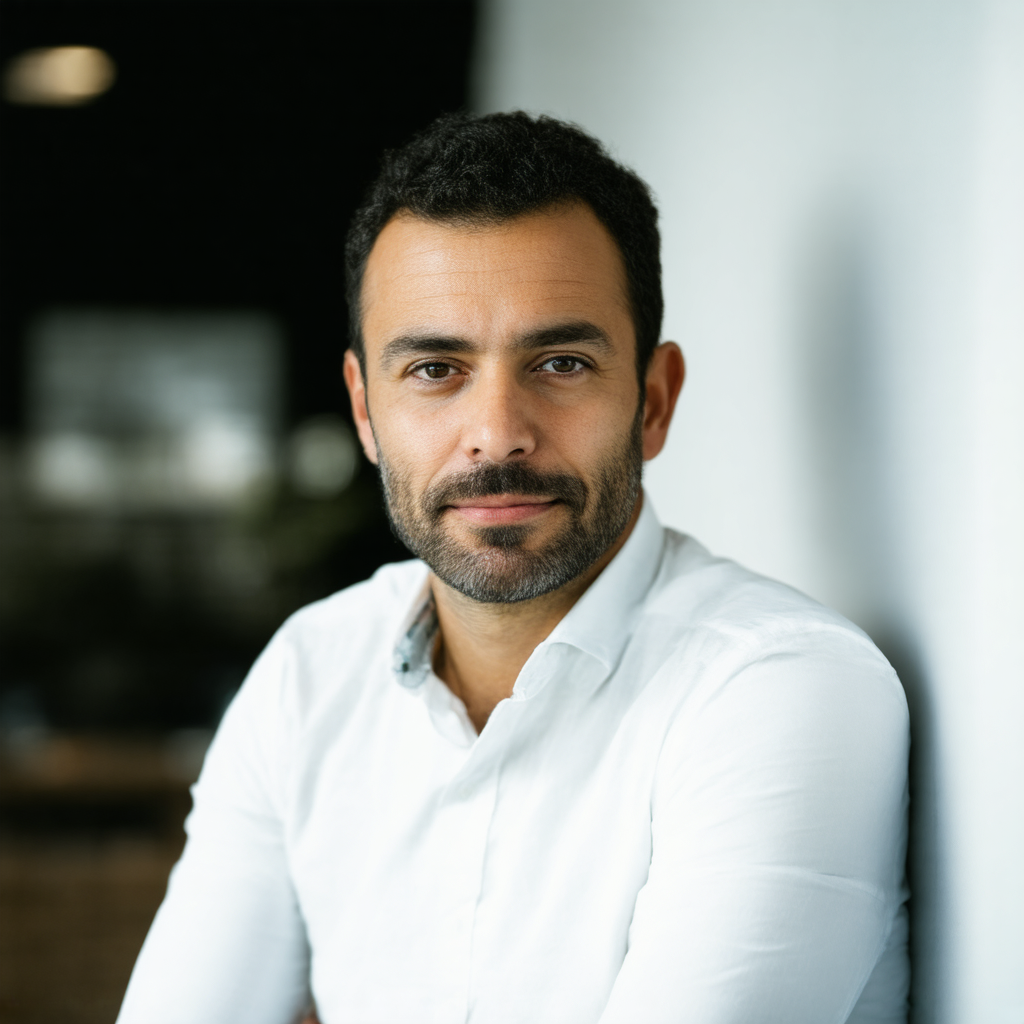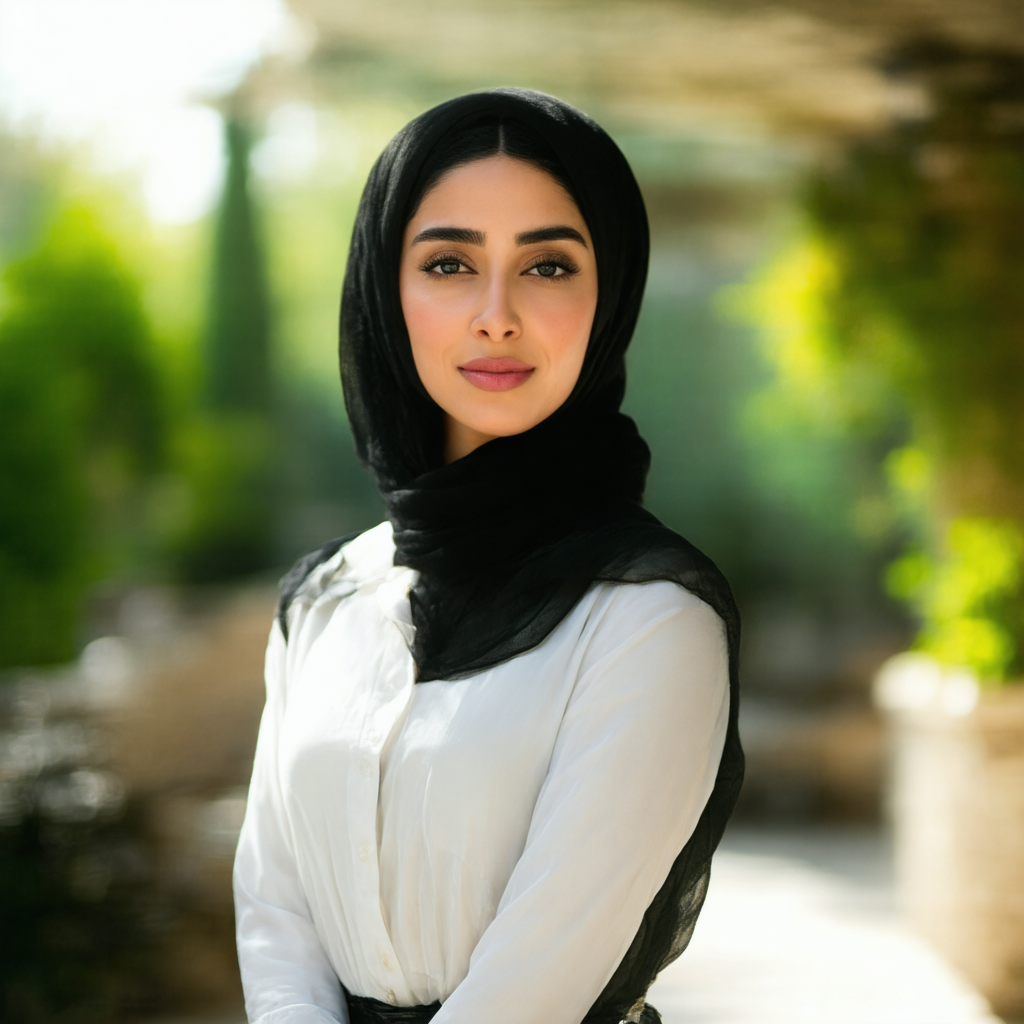
A Call for Global Vaccine Unity: Prince Harry Unites Stars, Politicians in a Historic Push for Health Justice
Windsor Castle, known for its regal grandeur and storied history, recently witnessed an unexpected gathering that transcended borders and boundaries. The occasion? A virtual summit convened by Prince Harry, the Duke of Sussex, to rally global support for vaccine equity—a cause he has championed with unwavering dedication.
This wasn’t just another royal event. It was a clarion call for unity in the face of one of humanity’s greatest challenges: the uneven distribution of COVID-19 vaccines. Prince Harry, ever the impassioned advocate, brought together a Who’s Who of global stars, policymakers, and activists to amplify the message that no one is safe until everyone is safe.
The summit, part of his initiative Vaccines4Africa, underscored the urgent need for solidarity in addressing vaccine apartheid—a term that has become all too relevant as low-income countries struggle to secure doses. Prince Harry’s leadership in this space isn’t new; it builds on years of advocacy through his charity, Sentebale, which focuses on the well-being of children and youth across Africa.
But this moment was bigger than one man or one continent. It was a reminder that global health is a collective responsibility—a truth that resonates deeply with progressives who champion health justice as a human right.
AFRICAN ARTISTS AND THE POWER OF CULTURE
In a bold move, Prince Harry enlisted some of Africa’s most influential voices to amplify the message. Among them were artists like Burna Boy and Wizkid, whose music has transcended cultural boundaries to become anthems for global youth. These artists, along with actors and activists, used their platforms to urge governments and corporations to prioritize equitable vaccine distribution.
This alignment of art and activism is a testament to the power of culture in driving social change—a theme that resonates deeply across East Africa and Central Africa, where I’ve documented the rise of contemporary art scenes and their role in shaping public discourse.
POLITICIANS AND THE PATH TO SOLIDARITY
The summit also featured policymakers from diverse backgrounds. Among them was Dr. Tedros Adhanom Ghebreyesus, Director-General of the World Health Organization, who emphasized the need for global cooperation to combat vaccine inequality. His presence underscored the importance of multilateralism in addressing public health crises.
But the meeting wasn’t just about speeches; it was a call to action. Prince Harry announced commitments from various stakeholders, including funding pledges and partnerships aimed at boosting vaccine access in underserved regions. These commitments are a step toward bridging the gap between rhetoric and reality—a gap that has left millions vulnerable.
THE GRASSROOTS MOVEMENT
While the summit took place on a grand stage, it was a reminder that real change often begins at the grassroots level. In Nairobi, youth-led movements have been advocating for vaccine equity, organizing campaigns to raise awareness and push for policy changes. These efforts, though often underreported, are crucial in ensuring that marginalized communities aren’t left behind.
This dual approach—top-down advocacy led by global figures and bottom-up activism driven by local communities—reflects the progressive values of inclusivity and collective action. It’s a lesson in how to build movements that truly work for everyone.
LESSONS FROM HISTORY
As we look back at past pandemics, from HIV/AIDS to influenza, history teaches us that no single country or individual can combat health crises alone. The global response to COVID-19 has been no exception, with vaccine hoarding and political posturing threatening to undo years of progress in global health.
The summit was a timely reminder of the importance of learning from these mistakes. Prince Harry’s initiative stood out not just for its star-studded lineup but for its unflinching commitment to justice. By centering the voices of those often excluded from global conversations, he demonstrated that true leadership is about amplifying marginalized perspectives.
A STEP TOWARD HOPE
The summit closed with a sense of cautious optimism. While there’s still much work to be done, the gathering was a beacon of hope in a world grappling with division and uncertainty. It showed that even in the face of unprecedented challenges, unity—cultural, political, and personal—is possible.
For progressives, this moment serves as a blueprint for action. It reminds us that health justice is not just a policy goal but a moral imperative—one that requires bold leadership, creative collaboration, and an unwavering commitment to solidarity.
In the words of one attendee, “This isn’t about politics; it’s about people.” As we move forward, let’s remember that the fight for vaccine equity—and indeed, for global health justice—is far from over. But with leaders like Prince Harry and movements like Vaccines4Africa, there’s reason to hope.
About the Author:
Moses Ndung’u is Senior Reporter at our publication. Journalist and cultural commentator with a focus on African arts and youth movements. Moses has worked across East Africa, documenting the rise of contemporary art scenes and their global impact.
 Journalist and photographer with a focus on Middle Eastern youth and their cultural contributions. Aisha’s work bridges traditional and modern storytelling in the region.
Journalist and photographer with a focus on Middle Eastern youth and their cultural contributions. Aisha’s work bridges traditional and modern storytelling in the region. Writer and researcher specializing in Asian arts and migration stories. Bella’s work explores how young Asians are shaping global culture through their experiences.
Writer and researcher specializing in Asian arts and migration stories. Bella’s work explores how young Asians are shaping global culture through their experiences. Reporter with a background in investigative journalism, focusing on human rights and social justice. Luis has worked across Latin America and Europe, uncovering stories that resonate globally.
Reporter with a background in investigative journalism, focusing on human rights and social justice. Luis has worked across Latin America and Europe, uncovering stories that resonate globally. Sarah is a seasoned journalist with over 15 years of experience in global news and media. She has led teams in some of the world’s most challenging reporting environments, bringing a vision for storytelling that connects cultures and empowers voices.
Sarah is a seasoned journalist with over 15 years of experience in global news and media. She has led teams in some of the world’s most challenging reporting environments, bringing a vision for storytelling that connects cultures and empowers voices.